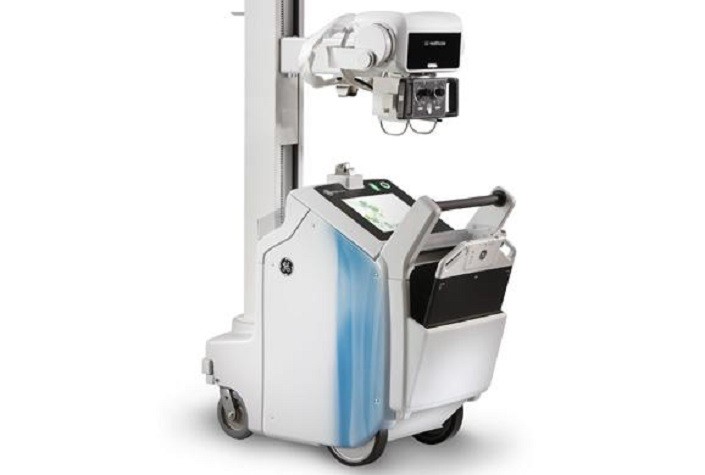Epigenetics is a study of change in gene expression in a phenotype without changing the genotype. Epigenetics drugs and diagnostics are used while screening early stage cancer and other abnormal changes in skin cells, liver cells, brain cells and others.
There are pronounced interindividual variations in drug metabolism, drug responses, and the incidence of adverse drug reactions. To a certain extent such variability can be explained by genetic factors, but epigenetic modifications, which are relatively scarcely described so far, also contribute. It is known that a novel class of drugs termed epidrugs intervene in the epigenetic control of gene expression, and many of these are now in clinical trials for disease treatment. In addition, disease prognosis and drug treatment success can be monitored using epigenetic biomarkers. Here we review these novel aspects in pharmacology and address intriguing future opportunities for gene-specific epigenetic editing.
Download Sample PDF Brochure Of Study, Click Here!
Epigenetic mechanisms can influence the gene activity at the transcriptional and post-transcriptional levels and/or at the translation level and post-translational modifications. Such epigenetic mechanisms with a potentially vast spectrum of consequences could result in more varieties of cell differentiations, morphogenesis, variability, and adaptability of an organism, which can be affected by both genetic and environmental factors. Therefore, the field of epigenetics covers the modifications of DNA, DNA-binding proteins, and histones, which are important in making changes in chromatin structure without any change in the nucleotide sequence of a given DNA. Also, some of these alterations could be transferred between generations. The advent of the epigenomic tools over the past few years has brought forth a more holistic view of the interplay between the genome and a very active epigenome, forming an causal link between the underlying genome, the regulatory epigenome, and the functional consequences stemming from perturbations in both. Importantly, these tools are being leveraged to uncover mechanisms of complex diseases. Such integrative approaches may provide insights into the causal regulatory mechanisms of disease for purposes of early-stage detection as well as therapeutic development.
The exciting and rapidly evolving area of epigenetics is advancing the possibilities for medicine well beyond the realms of the genome, bringing a new generation of diagnostic and therapeutic innovations that offer hope for many patients living with life-threatening diseases.





No comments:
Post a Comment